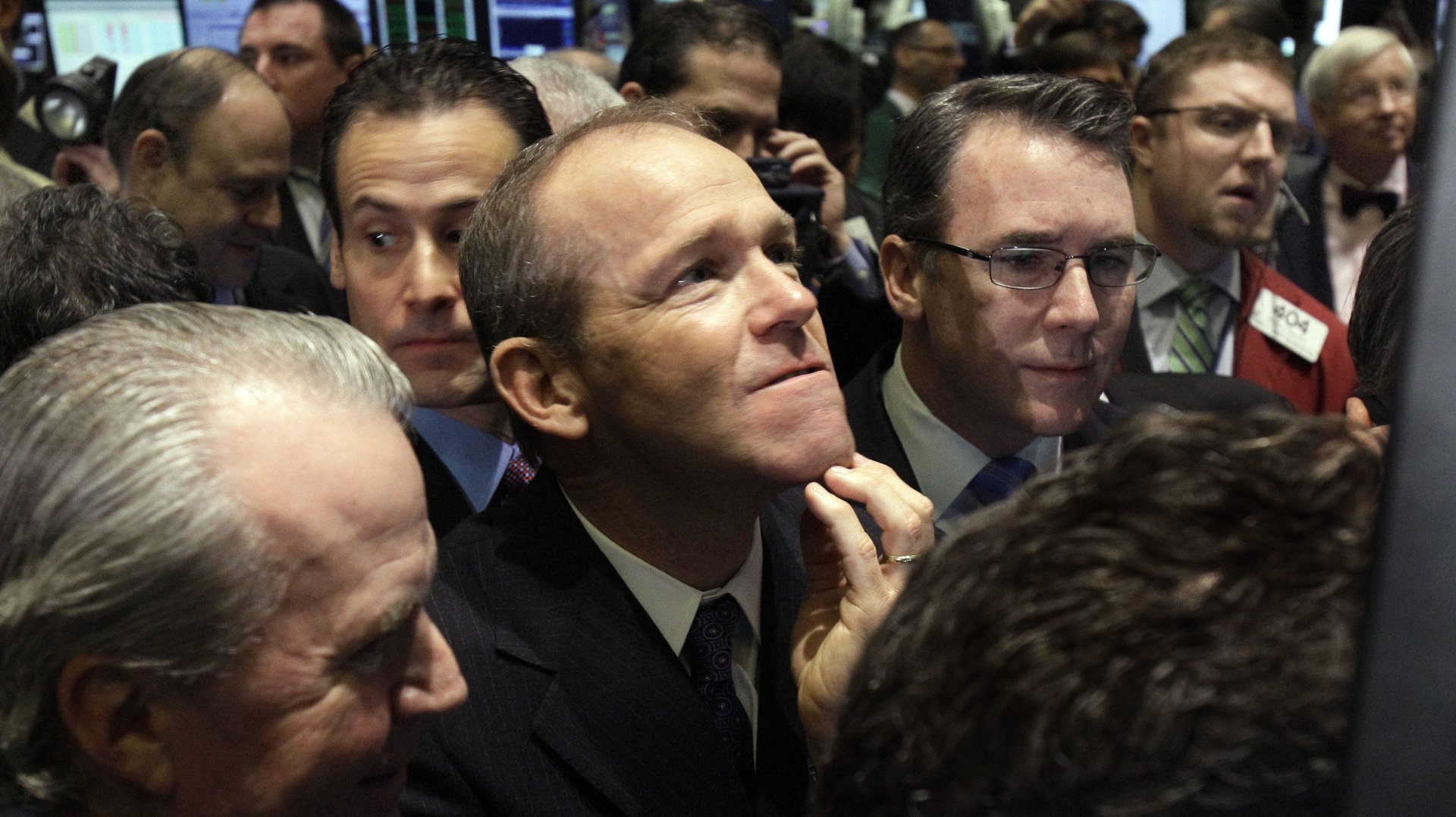Can Boeing’s new CEO rescue the troubled company?
Today is the first day of the biggest job David Calhoun may ever have. As the new CEO of Boeing, Calhoun must take the ailing airplane manufacturer, repair its damaged relationships, and help it emerge intact from the all-consuming 737 Max crisis. To call it a tremendous challenge is putting it lightly. But is Calhoun the right man for the position?


Today is the first day of the biggest job David Calhoun may ever have. As the new CEO of Boeing, Calhoun must take the ailing airplane manufacturer, repair its damaged relationships, and help it emerge intact from the all-consuming 737 Max crisis. To call it a tremendous challenge is putting it lightly. But is Calhoun the right man for the position?
Friends and former colleagues certainly seem to think so. In interviews with the New York Times, Calhoun, 62, was variously described as decisive, single-minded, and deeply effective. “He’s somebody people trust,” said Kevin Sharer, a close friend who overlapped with Calhoun at General Electric. “He doesn’t bring emotion. He brings logic and conviction.”
A director of Boeing since 2009, Calhoun spent 26 years at GE, ending in 2006. He went on to leadership roles at data company Nielsen and construction equipment giant Caterpillar, where he helped both companies navigate extremely turbulent airspace of their own, before becoming senior managing director and head of private equity portfolio operations at the Blackstone Group. But it was his time leading GE Aircraft, Boeing’s biggest engine supplier, that most obviously prepared him for the travails ahead. Amid the uncertainty in the commercial aviation industry following 9/11, Calhoun helped the company weather a prolonged and sometimes treacherous storm. He is the third Boeing CEO since the 1997 McDonnell Douglas merger to have come from GE, following in the footsteps Jim McNerney and Harry Stonecipher.
Investors had expected a change in leadership—though perhaps not quite so soon, analyst Jeff Windau, from Edward Jones, told Quartz. “We thought it would be after the Max had been ungrounded,” he said. But the laborious recertification process, coupled with increasingly fractious relationships with the Federal Aviation Administration, airlines, and other stakeholders prompted a quicker timeline.
Given Boeing’s trials, Calhoun is a sensible pick. On the one hand, investors hoped for someone already deep in the mire of the Max crisis familiar with the ins-and-outs of a very complex situation. At the same time, extremely damaging reports on Boeing culture and messages had “shone a pretty bright spotlight on internal operations,” Windau said. This presented a hiring challenge of sorts: An external candidate might be best placed to bring wholesale cultural change, but only someone internal was sufficiently immersed in the intricacies of the crisis. As a member of the board with years of experience elsewhere, Calhoun straddles both demands.
Under the leadership of former CEO Dennis Muilenburg, Boeing had taken an aggressive and sometimes adversarial approach to its external relationships. Under Calhoun, it might become more conservative and conciliatory, said Chris Olin, an analyst at Longbow Research. “This is a guy who’s got a long-term track record of turnaround,” Olin told Quartz. “He’s been very good in the past at rebuilding a company.” When it came to investors, Olin said, “what they’re generally looking for is someone that can reset expectations.” In the short-term, that might entail setting much softer targets—and then actually meeting them.
In an email to Boeing employees today, Calhoun vowed to listen to them, customers, and regulators alike. “I … see opportunities to be better. Much better,” he wrote. “That includes engaging one another and our stakeholders with greater transparency, holding ourselves accountable to the highest standards of safety and quality.” Whatever tack he takes, investors must buckle up and expect accelerated change. “I’m an operator at heart,” Calhoun told the Wall Street Journal, in 2013. “I love doing things quickly.”